Non-Food Organic Resources-based feeds optimised for salmon until post-smolt stages
Sustainable expansion of the aquaculture industry has to take place with use of third generation feed ingredients. Examples of such ingredients include microalgae, single cell organisms and insect meal. The NON-Fôr project aims to build upon the state-of-the-art knowledge from previous EU and National projects and develop improved practices in feed manufacturing technology to promote the use of third generation ingredients in critical life stages of Atlantic salmon – startfeeding, during smoltification and in post smolt production. The project aims to study 1) the quality of protein in the insect meal and microbial ingredients, 2) the quality of pellets produced by incorporating the third generation ingredients to provide suggestions for quality improvement that can be adopted in the commercial production of these feeds, 3) the potential of insect meals as replacers of fish meal and oil, and algae oil as replacer of fish oil at start feeding and during smoltification, 4) the environmental impact of the new feeds. The project will endeavour to generate significant new knowledge, strengthen research capacity, equip both master and PhD students with skill sets for aquafeed technology, and build long-term international research networks between the participating countries. The multi-disciplinary project consortium brings together partners with established expertise in the respective fields of feed ingredient quality, protein quality, feed manufacturing technology, fish nutrition, fish health and assessment of environmental and societal impact of new products. The project will also offer an opportunity for start up companies to demonstrate the quality of their products as well as testing of commercially available sustainable alternatives to fish oil. The consortium’s Multi-Actor Approach is oriented to the needs and demands of the aquaculture industry, improving knowledge exchange, innovation, communication and dissemination and thus increasing the final impact of the project. NON-Fôr aligns well with the science policy framework of Responsible Research and Innovation.
PROJECT FUNDED BY:
NordForsk
PROJECT DURATION:
4th January 2021 – 31st December 2023
PROJECT BUDGET:
1 175 693,50 NOK (kopā 10 000 000,00 NOK)
SCIENTIFIC LEADER OF THE PROJECT:
Prof. Jeļena Pubule
HOME PAGE:
PROJECT PARTNERS:
From Latvia:
Riga Technical University
From other countries:
Nord University, Norway
Aarhus University, Denmark
Denmark Technical University, Denmark
Agro Engineering Aps, Denmark
Veramaris, Netherlands
Fjordalger, Norway
Ecoprot AS, Norway
LetSea AS, Norway
NCE Aquaculture, Norway
On September 12, 2022, a scientific article on the topic “Advantages and disadvantages of using more sustainable ingredients in fish feed” was published in the international scientific journal Heliyon. The authors of the article are Beate Zlaugotne, Jelena Pubule and Dagnija Blumberga.
The article is available in open access format here: https://doi.org/10.1016/j.heliyon.2022.e10527
The international scientific conference The Conference of Environmental and Climate Technologies CONECT 2022 took place from May 11-13, 2022, where researcher Beate Zlaugotne presented a study entitled “Methodology for composite index for a sustainable assessment for fish feed”.
SCIENTIFIC PUBLICATIONS
- Zlaugotne, B., Pubule, J., Blumberga, D. Advantages and disadvantages of using more sustainable ingredients in fish feed (2022) Heliyon, 8 (9), e10527. https://doi.org/10.1016/j.heliyon.2022.e10527 (Published: 2022.09.)
SCIENTIFIC CONFERENCES
2022
- May 11-13| international scientific conference The International Scientific Conference of Environmental and Climate Technologies | Riga, Latvia | Beate Zlaugotne| Methodology for composite index for a sustainable assessment for fish feed


